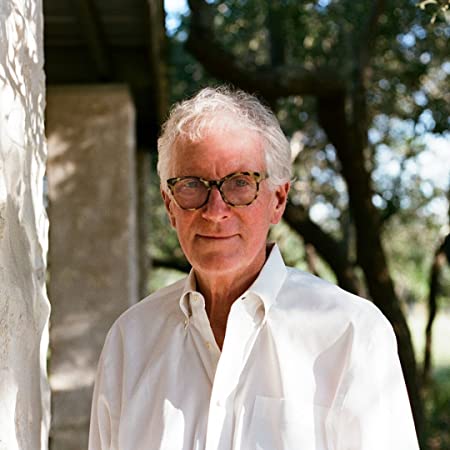Being Essential is not my kind of book.

But its author is my kind of guy.

My friend Dain Dunston might say his new book is not a self-help book. It’s more than that. But it is that, too.
I don’t like self-help books, because they seek to offer simple solutions to life, which is endlessly complicated—and whose infinite mysteries are part of what make it worth living.
But this self-help book is the product of a complicated man—a writer, a counselor, a seeker—who has lived a complicated life, and repeatedly and with increasing frequency found ways to put himself in the right places at the right times, for the right reasons and in the right roles: where he becomes “essential” to a worthy endeavor or to a community or just to his own destiny.
If this is a self-help book, it’s a teeth-gnashing, confessional, relapsing and ever-struggling self-help book. It doesn’t provide answers, but tells you seven questions to pose to yourself, “for living and leading with radical self-awareness.” You must ask the questions not once, but over and over and over again. And you must answer, for yourself.
“There is and always will be a part of me deep down that thinks life is a struggle. And sometimes it is,” Dain writes. “Being Essential is not a formula or a process. It’s a practice, a constant practice of calling yourself back to now, to this present moment, and checking on where your awareness is. Like any art, the more you practice it, the more beautiful it becomes.”
Dain has practiced his art as he has invented it, for his whole life—as a little boy, as a young man, as a speechwriter and corporate executive and executive coach, as a family man, as a friend. Beautiful, indeed—and contagious, too.
The second time Dain and I met, we found ourselves in a rental car, on the way from a meeting in Charlottesville, Virginia to a conference in Washington, D.C. We began the journey as curious acquaintances, eager to see how we might help one another in our work. We ended it having had an unforgettable conversation about times our lives (one of his is recounted in this book) when all the randomness, awkwardness and madness gave way to an hour, a day, a weekend—(a year in a career!)—when everything made sense to us, and we made sense to everything.
“Moments of grace,” we called those times.
And if Dain is a little more sanguine than I am, about being able to engineer those moments, and build them into a wholly graceful, essential life—and to help others do the same—all I can say is I’m more optimistic for knowing Dain, and reading his book.
Leave a Reply